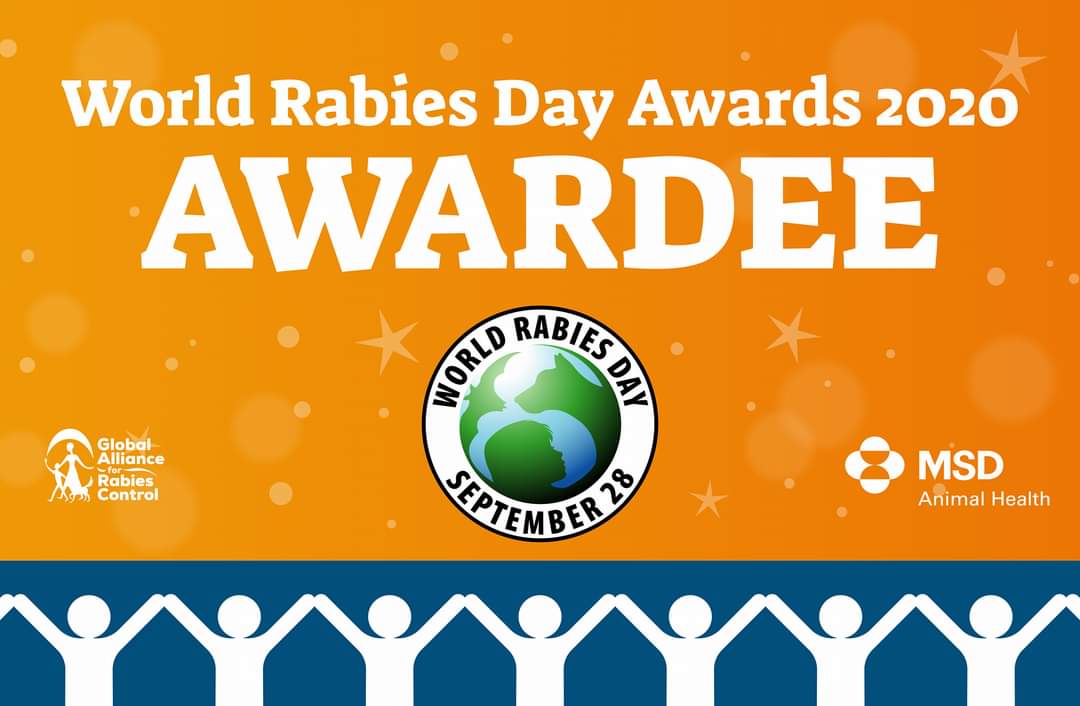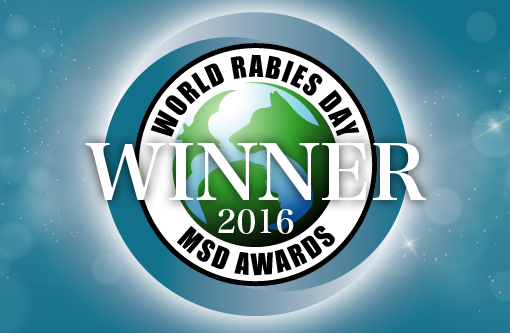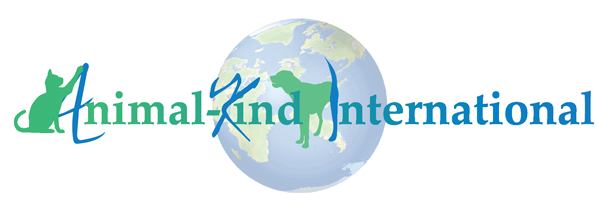Contents
- LAWCS` Humane Education Program In Liberia
- Campaign Against Pet Eating/Responsible Dog Ownership
- Vegan Outreach Program/Plant Based Diets for School Children
- LAWCS` Basic Animal Healthcare Program
- The Abandoned Chimpanzees in Liberia
- Conclusion
LAWCS` Humane Education Program In Liberia
Promoting care, compassion, and respect for all animals is fundamental to preventing animal cruelty. An active step towards improving permanent conditions for all animals is humane education.
With humane education, LAWCS is making a tremendous difference in the lives of many animals and people. Currently, LAWCS is the only registered animal welfare organization in Liberia that has been providing humane education to the public. The need for education on animal welfare in Liberia is pertinent. LAWCS believes that education is key to ending animal cruelty and creating a just and caring society where animal and human welfare matter. Education is a critical element in preparing a generation of animal lovers, increasing community responsiveness to animal welfare issues. Education also helps to tackle the inhumane treatment of animals at abattoirs, educate the general population on animal welfare, and to change attitudes and practices towards humane treatment of animals. With education, we are reducing the number of children harmed by dogs through our dog bite prevention program.
LAWCS enthusiastically believes that a message could be best spread through children. The message not only stays with them all their lives but they in turn spread it among the rest of the family and community members. This means creating a whole new generation with a mind-set that is compassionate to animals. If the next generation develops passion and respect for animals and they are prepared to care for them in a responsible way, then surely the incidents of animal suffering will diminish in the long-run.
In 2015, LAWCS` humane education program achieved the following:
- Humane education/animal welfare education programs in 30 schools with 20,000 children
- Established Animal Kindness Club in 20 schools with 1,000 members
- Reached and inspired over 20,000 children on dog bite prevention education
- Trained 200 dog owners on responsible dog ownership guide.
- Trained and empowered 25 classroom teachers as humane educators in their respective schools
- Hosted 2 Animal Exhibition programs with over 1,000 audiences
- Hosted Children Compassion in Action program with over 300 children (under the guidance of the humane educators, the children helped their family animals by caring for them, built safe havens for their animals, etc).
-
Campaign Against Pet Eating/Responsible Dog Ownership
Dogs have been our friends and trusty helpers for thousands of years. They have shared our burdens, brought us joy, protected us from dangers, guarded our properties, and showed us the meaning of friendship. Dogs show us unconditional love. They do not care what we look like, whether we are rich or poor, whether we are educated or uneducated; our dogs greet us with unconditional love. These lovely animals do all of these fascinating things for us, but in Liberia they are also considered as food and treated with extreme cruelty in many communities.
On a large scale, dogs are not provided with their other basic needs (safe haven, medical care, love, clean water, exercise, and balanced diets).
In order to address the deplorable conditions in which these caring animals live and the dog meat trade, the Liberia Animal Welfare & Conservation Society worked with dog owners by providing:
- Responsible dog ownership training,
- Safe havens for the dogs
- Blankets,
- Food and water bowls
- Dog food
- Free veterinary care
The project made dog owners to value their dogs and start caring for them. It greatly helped in reducing the dog meat trade in the project locations. LAWCS trained 200 dog owners on responsible dog ownership and provided 100 dog owners with safe havens for their dogs, blankets, food and water bowls, dog foods and free veterinary care for their dogs.
Vegan Outreach Program/Plant Based Diets for School Children
In Liberia, all animals are considered as food. LAWCS vegan outreach program is conducted in schools along with the humane education program. The program in schools includes delicious vegan meals and uses drama and role play, discussions and debate, video shows (animal cartoons), stories, games, drawing, and other age appropriate activities to educate children about the plight of food animals and problems associated with meat eating. In 2015, 7,000 schoolchildren were served with vegan/plant based diets.
LAWCS` Basic Animal Healthcare Program
LAWCS has been providing free animal health care in Voinjama District, Lofa County for over 3 years. This service has filled a much needed gap among local community in Voinjama District, Lofa County who lack access and resources to provide the requisite health care for their animals. There is however greater demand for such service than LAWCS has been able to meet. LAWCS free veterinary care includes de-worming, mange treatment, sores treatment, hoof trimming, etc. In 2015, LAWCS provided free veterinary care for 500 animals mainly dogs, cats, sheep and goats. LAWCS also rescued and re-homed 25 animals mainly dogs and cats.
The Abandoned Chimpanzees in Liberia
The New York Blood Center (NYBC) recently abandoned a colony of 66 chimpanzees it had used for invasive research over decades in Liberia. When NYBC pulled funding for the colony in March of 2015—despite previous promises that it would provide the chimpanzees with lifetime care—the chimpanzees were left with broken water systems and their caretakers had no money to feed or care for them. Thanks to a coalition of animal protection organizations led by the Humane Society of the United States, these chimps are provided daily with their basic needs: Food, clean water, medical care and protection. The Liberia Animal Welfare & Conservation Society is part of the coalition. LAWCS is also the middleman on ground managing all funds from HSUS to the Liberian staff for the care and protection of the abandoned chimps.
Conclusion
We extend our sincere thanks and appreciation to all of you, our supporters and donors for your support in 2015 which helped LAWCS to exist and be able to continue with its mission of creating a caring and socially responsible environment where animals are treated as sentient beings.
Liberia is a post war country struggling to recover amidst overwhelming challenges including rampant animal abuse, dysfunctional behaviors among the younger generation and the recent Ebola crisis that took over 4,000 lives in a country with a very small population of 3.4 million. Liberia has no policy or regulation that protects animals, even domestic animals. In Liberia, animals in general are not that highly regarded among people. Animal cruelty, due to deficient understanding of animals and lack of compassion against animals is common. The concept of animal welfare is seen in Liberia as a new phenomenon. For centuries, animals have been considered in Liberia as commodities and source of income without regard to their welfare. Since the establishment of LAWCS, with your support, we continue to be active in promoting the welfare and rights of animals and people in Liberia.
This annual report is our opportunity to paint a picture of our work in 2015 in Liberia and hope that you will enjoy reading the work LAWCS continues to do for animals and people in Liberia.
We remain grateful to all of you, our supporters, donors and friends and believe that with you, we can help many animals and make animal issue a priority issue in Liberia.
Thank you and we look forward to your continued support and kindness to the animals and people we serve in Liberia.
Best Regards,
Morris Darbo
Coordinator
Liberia Animal Welfare & Conservation Society





